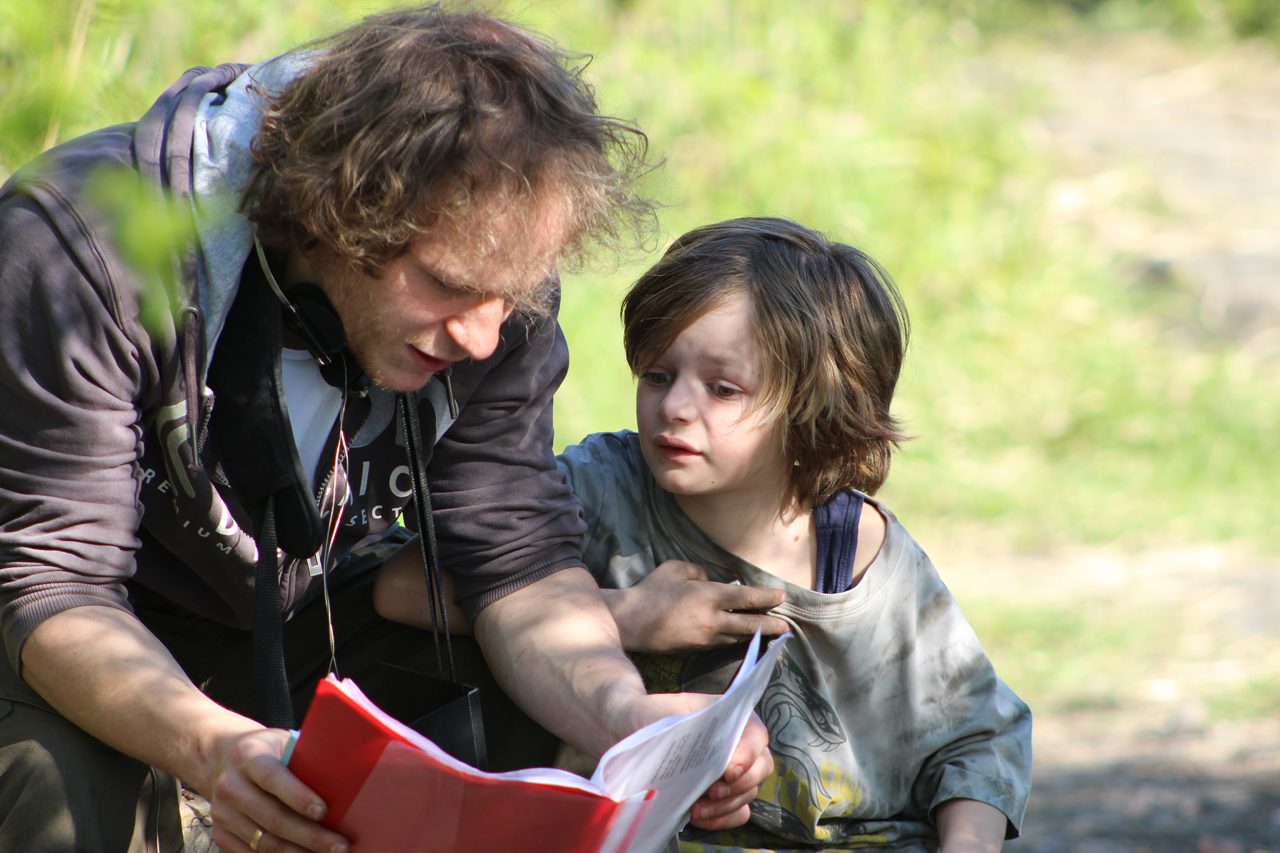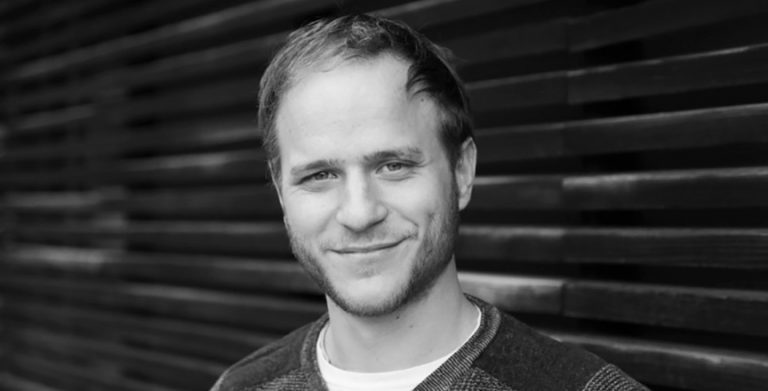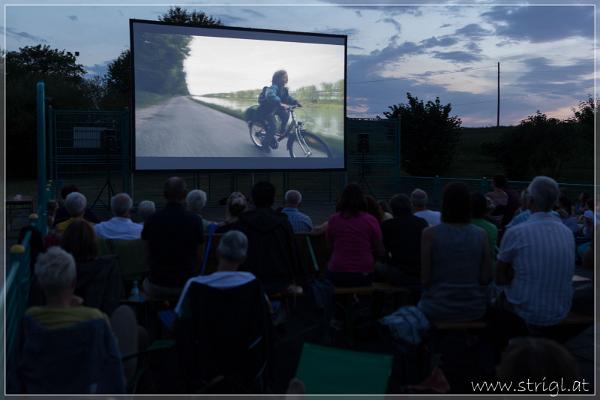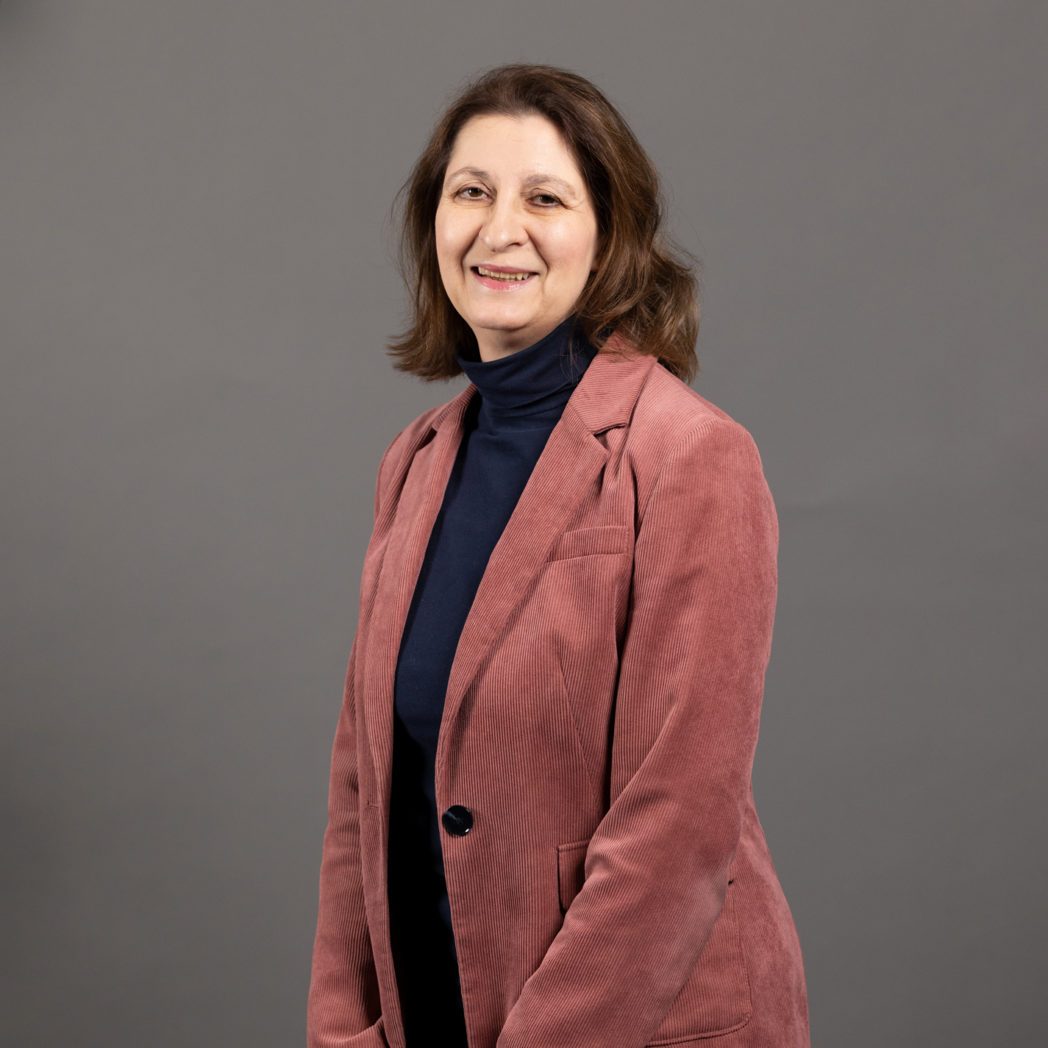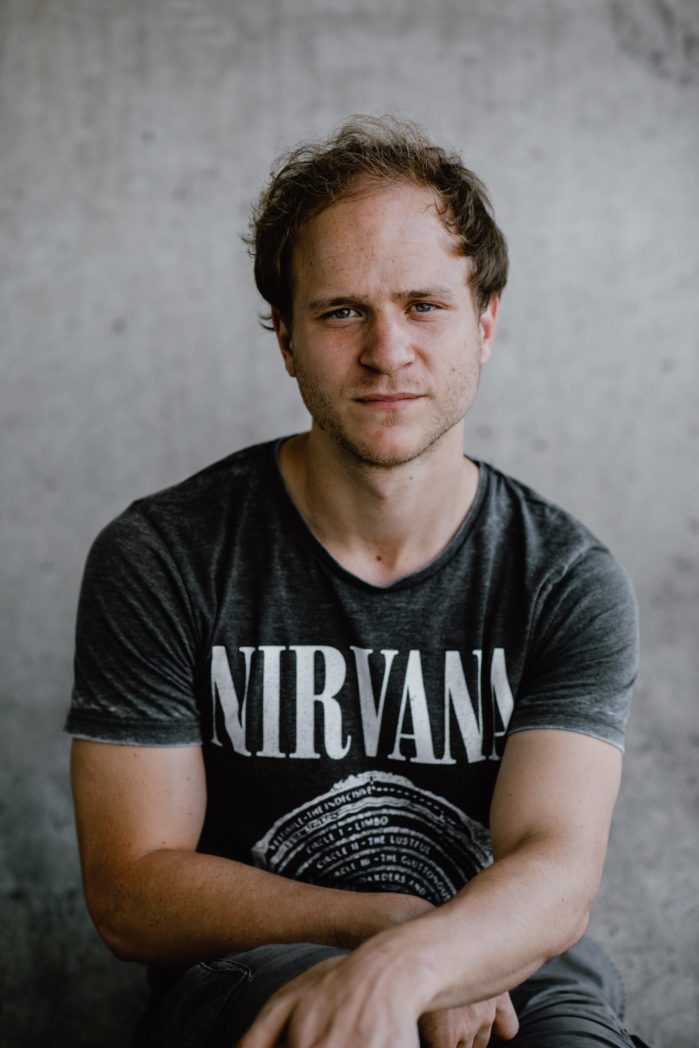
The name Adrian reminds me of Adrian Monk. Is there something like a Monk inside you
Unfortunately not. I’m not very tidy, and I don’t have any neuroses. Sadly, I could use a bit of that cleaning obsession. I’m not meticulous. I’m very emotionally driven. I’m a person of the heart and try to be kind to everyone. When it comes to choosing my projects, I rely on intuition and feelings. I have the Monks in my team.
You are a native of Salzburg. Why, or can you recommend Salzburg to other film and creative professionals?
The advantage of Salzburg is that it is not yet as overcrowded with filmmakers. That is quite different in Vienna and also in Berlin or Munich. Being one of hundreds or thousands is not the case here, which is cool. It’s also beneficial for funding. As a filming location, Salzburg offers almost everything. I have shot two out of my four films mostly in Salzburg. It is rich in beautiful filming locations—you have the city itself and, of course, nature: mountains, lakes, forests. And it’s not as overused in films. I was in America with Die beste aller Welten, and people were surprised because they only know Salzburg from The Sound of Music. That adds an interesting aspect – there are drugs here too. It added value to the film that the story didn’t take place in Vienna but in this beautiful, posh city that also has its socially disadvantaged sides.
Regarding the significance of film funding: Would your films exist if there were no public funding available?
My films would not exist if there were no film funding. 98 percent of my films are financed through grants. The European film system is entirely built around funding, not just in Austria but also in Germany, Denmark, and France. In Europe, there are no big players who have the money to produce outside of the funding system. Without the film funding programs Öfi+ and Fisa+, international production companies would not come to Austria either.
What has changed for you through the FISA+ funding*?
There is now more money, and the funding is not capped. The old funding model had a problem with a first-come, first-served basis. With my last film, Rickerl** featuring Voodoo Jürgens, we submitted the application too late. There was no more funding available, and we almost couldn’t shoot the film. That has changed now. Additionally, there is more overall funding, especially if you have a European co-production. I hope this has the effect of increasing the number of productions. I also hope that the majority of the funding does not go to international productions. Furthermore, I hope it increases the possibility of making larger films.
Since your debut film, Die beste aller Welten (shot in 2016, released in 2017), a lot has happened. How do you see the world and Salzburg now?
A lot has changed with Corona. I was 25 when we shot the film, so everything was new to me. Now, I feel like I’ve settled into the industry. Personally, a lot has changed for me. In 2017, my daughter was born shortly after the filming. I’ve grown up. I feel that more is happening in Salzburg now. There are more opportunities. But I can remember at the press conference for Die beste aller Welten, nobody was interested. There were two people there. Nobody even knew the lead actress, Verena Altenberger. It was completely different with Der Fuchs. The press flooded us. That’s cool, and I like it. It increases the pressure for success, but I don’t feel it that way. The biggest pressure comes from myself. I have high standards for my films. I see the increased interest in my films as a positive thing.
What are your passion projects and where would you like to go to bring them to life?
I would like to make several more films in Austria. I am currently working on an adaptation of the novel Vier minus drei by author Barbara Pachl-Eberhart.
And looking ahead, it is already my goal to make an international film. This is also because there are different possibilities for implementation in English-language productions, especially when it comes to budgeting. In the globalized, interconnected world, it is easier than before to embark on such a project. However, it is a fast-paced industry. If you look around, those who succeed are usually younger than 40. Being young is a major advantage. The average age of directors is decreasing. By your mid-30s, you should have already made your first truly great film. But if I were fortunate enough to make feature films in Austria for my entire life, that would also be good. Nonetheless, a big goal is to produce an international film. Not in Hollywood, as everything there revolves around profit. There are now many high-quality films from Germany being produced for an international market.
Currently, Der Fuchs by Adrian Goiginger is playing in our cinemas. If you feel like going to the movies, you can meet the filmmaker at Das Kino in Salzburg, where he regularly holds film discussions.
*New Austrian federal film funding that came into effect on January 1, 2023, ** Adrian Goigingers film Rickerl will be released in cinemas in autumn 2023.
This might also interest you
18. February 2026
SALZ 2026: A Festival for Innovation
How can companies remain competitive, innovative, and resilient in challenging times? SALZ – Festival for Innovation & Technology, together with the startup and investment conference SALT’N’VENTURE, will provide concrete answers on March 11, 2026, at Messezentrum Salzburg, bringing together industry, startups, and investors.
11. November 2025
Eleven Million Euros for Five New Research Centers
Salzburg is investing in research: around eleven million euros from EU and state funds will go toward establishing five new research and transfer centers. They cover key future-oriented topics: artificial intelligence, climate protection, health, tourism, and data security.
28. July 2025
20 Years of Media Summit: A Hub with International Impact
On Saturday, 26 July 2025, more than 200 national and international guests gathered at Schloss Leopoldskron to discuss the future of the film and media industry at the 20th Salzburg Media Summit. The anniversary edition offered a diverse program featuring engaging discussions, distinguished guests, and a special award for one of Salzburg’s most iconic cultural landmarks.
4. June 2025
New Database for Commercial Properties and Sites in Salzburg
The new online platform www.standort-salzburg.at makes it easy to find available commercial properties, business premises, and brownfield sites across the entire province – all with just a few clicks.
